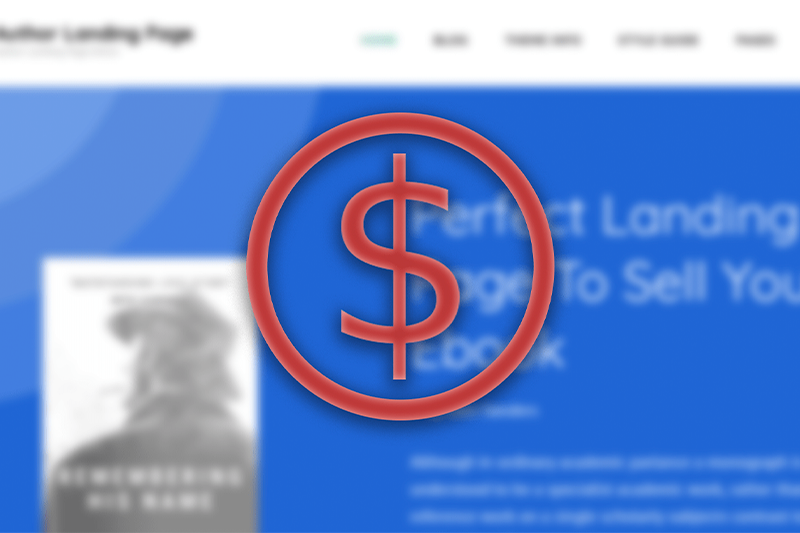 ">
"> The True Cost of Websites: Why Good Websites Are Not Cheap
In the fast-paced digital landscape of today, having a strong online presence is crucial for the success of any business. As the demand for websites continues to grow, there is a common misconception that cutting corners on web development costs can lead to a successful online venture. However, Benjamin Kaminski Consulting emphasizes that cheap websites are not good, and good websites are not cheap. In this blog post, we’ll delve into the intricacies of web development, focusing on SEO, E-Commerce, and the popular content management system, WordPress.
The Pitfalls of Cheap Websites:
1. SEO:
Search Engine Optimization (SEO) is the backbone of online visibility. A cheap website may provide a quick online presence, but it often sacrifices essential SEO elements. Proper SEO involves strategic keyword placement, high-quality content, and a user-friendly interface. Cheap websites may lack these crucial components, resulting in poor search engine rankings and limited organic traffic.
Investing in a professionally developed website ensures that SEO is integrated from the ground up. This not only enhances the site’s visibility but also contributes to long-term success by attracting a targeted audience.
2. E-Commerce:
For businesses involved in online transactions, an e-commerce platform is the heartbeat of their operations. Cheap e-commerce websites often compromise on security, payment processing, and user experience. Inadequate security measures can lead to data breaches, damaging the trust of customers and exposing the business to legal consequences.
A well-built e-commerce site, on the other hand, guarantees a secure and seamless shopping experience. Integrating trusted payment gateways, ensuring data encryption, and optimizing the user interface are crucial aspects that contribute to the success of an online store.
3. WordPress:
WordPress, with its user-friendly interface and extensive plugin ecosystem, is a popular choice for website development. However, simply choosing WordPress does not guarantee a successful website. Cheap WordPress themes may lack customization options, leading to a generic and unremarkable online presence.
Investing in a professional WordPress development service ensures that the website is tailored to the specific needs of the business. Custom themes, optimized performance, and responsive design are vital for creating a unique and engaging user experience.
The True Cost of a Good Website:
1. Long-Term Success:
A good website is an investment in the long-term success of a business. While the initial cost may be higher, the return on investment (ROI) far outweighs the expense. A well-developed website attracts and retains customers, establishes credibility, and contributes to the growth of the business over time.
2. Adaptability and Scalability:
Cheap websites may lack the scalability required to accommodate the growth of a business. As the business expands, the website should seamlessly adapt to new functionalities and increased traffic. Professional web development ensures that the site is scalable, allowing for future expansion without the need for a complete overhaul.
3. Customer Trust and Brand Image:
A good website is a reflection of the brand’s identity and values. A poorly designed and unreliable website can tarnish the brand image and erode customer trust. Investing in a quality website not only enhances the brand’s credibility but also fosters a positive perception among customers.
In conclusion, Benjamin Kaminski Consulting emphasizes the importance of viewing website development as an investment rather than a cost. Cheap websites may provide a quick fix, but the long-term consequences can be detrimental to a business’s success. A good website, built with attention to SEO, e-commerce functionality, and the right choice of platforms like WordPress, sets the foundation for sustainable growth and online prominence. Remember, when it comes to websites, you get what you pay for, and cutting corners can prove to be a costly mistake in the competitive digital landscape.
Leave a Comment Below...